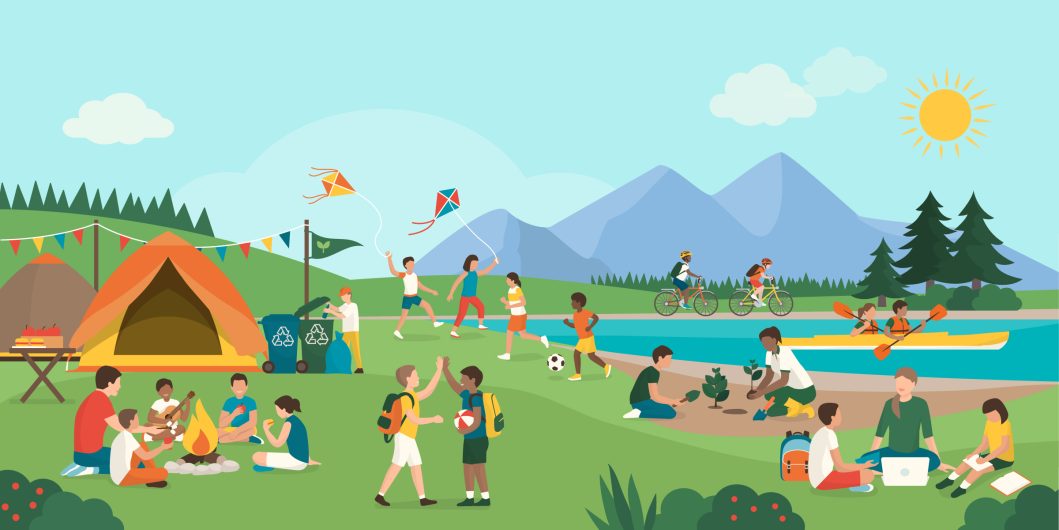On May 3, 2022, Inland Regional Center (IRC) was notified that the Department of Developmental Services (DDS) has approved the Respite, Social Recreation, Camping, Non-Medical Therapies, and Education Services Purchase of Services (POS) policies which will go into effect on July 1, 2022. This approval is exciting, and we are happy to share this news with you!
IRC’s goals are to create programs with appropriate structured socialization and recreational activities based on the clients’ needs, interests, and goals identified in the Individual Program Plan (IPP). Please keep in mind that we are still cultivating many of these services, as it has been approximately 15 years since we lost the ability to provide many of these programs.
Here is an overview of the new Respite, Social Recreation, Camping, Non-Medical Therapies, and Education Services policies:
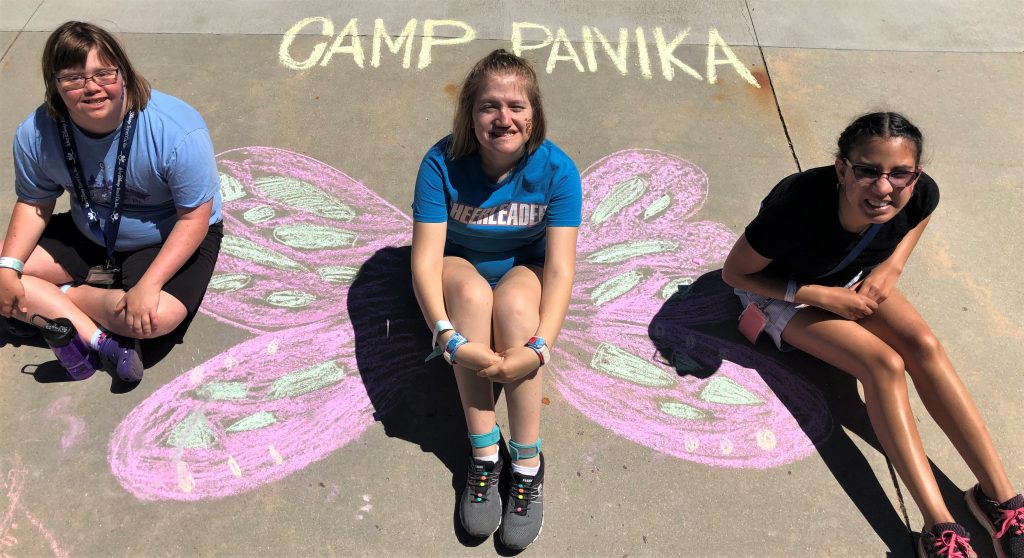
Camp and Associated Travel Expenses:
IRC may purchase camp activities and associated travel expenses to support the IPP. Always remember that an IPP can be requested by contacting your CSC.
The ages to attend camp will be determined by the vendor as each camp may operate differently. For example, one camp may be operated only during the day, whereas another may be an overnight camp.
- Camp may be provided in an outdoor or natural setting, with an emphasis on social skill building.
- If a portion of the camp is provided in an indoor setting, the setting must be integrated (example: community recreation center, YMCA, etc.).
- Camp is allowable as a form of out of home respite.
- Camp will be classified as either residential (client stays the night) or day camp (client goes home every day).
- Travel expenses associated with a family member getting the client to and from the camp site will be allowable through a Financial Management Service (FMS).
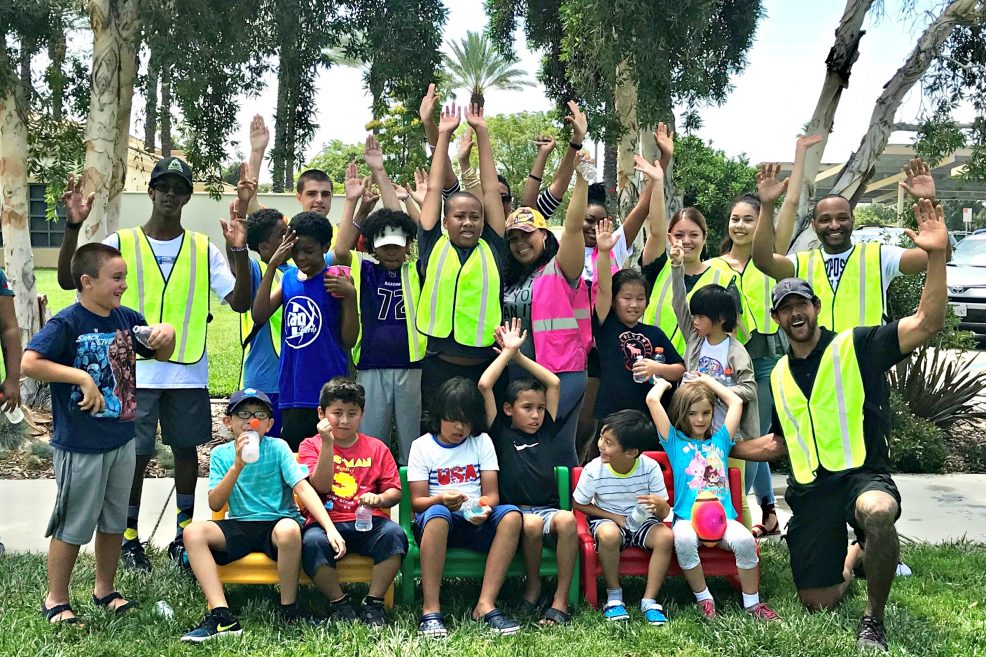
Non-Medical Therapies:
IRC may purchase specialized recreational therapies and training for clients and their families to support the IPP.
- Programs must be designed to increase and improve a client’s interpersonal and social skill level.
- A vendor must be credentialed or licensed as required to practice in the field of therapy offered, if applicable.
- Vendors should provide the service in an integrated community setting, as much as possible.
- Examples of non-medical therapies can include but are not limited to:
- Art
- Dance
- Music
- Equestrian
- Other programs and therapies that allow for interpersonal and social skill building
- Examples of non-medical therapies can include but are not limited to:
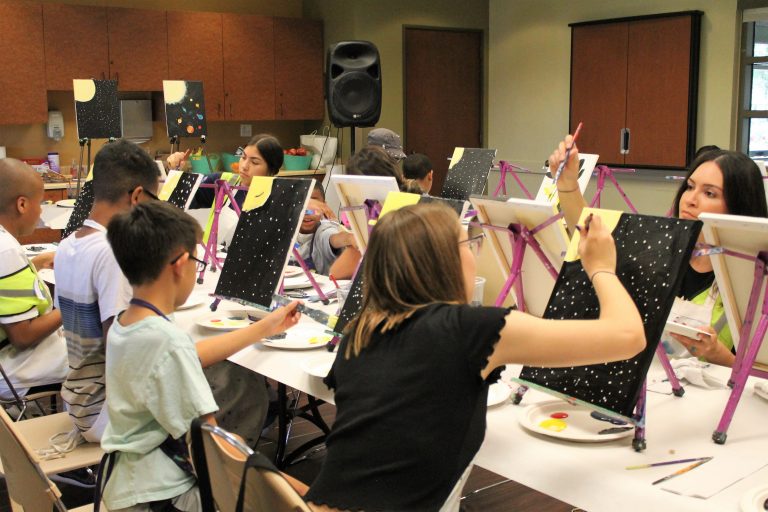
Social Recreation
Socialization Training Program is intended to provide socialization and recreational opportunities to clients served by IRC with appropriate structured socialization and recreational activities based on the client’s needs, interests and goals identified in the IPP for ages three and up once the client graduates Early Start.
- Socialization programs will provide in-the-moment coaching and facilitation to promote inclusion and skill development.
- Activities should enhance and develop meaningful interpersonal relationships and integration opportunities by accessing public recreation and leisure facilities.
- Socialization Training will not supplant services available from the local school district.
For individuals who have reached their established social recreation goals, a maintenance service can be provided. The service is intended to reinforce the social skills previously achieved.
- A monthly stipend can be requested to assist the families in purchasing integrated social activities.
- The monthly stipend is based on the average monthly cost of local activities and is not intended to supplant the client’s natural supports but allows for all clients to have the ability to have robust social opportunities.
Exceptions made to all POS must be identified by the Interdisciplinary Team (IDT) and documented in the client’s IPP.
- If there is any disagreement about services that cannot be resolved by the planning team, written notice of fair hearing rights will be provided. (WIC § 4646(i) and 4710.5(a)).
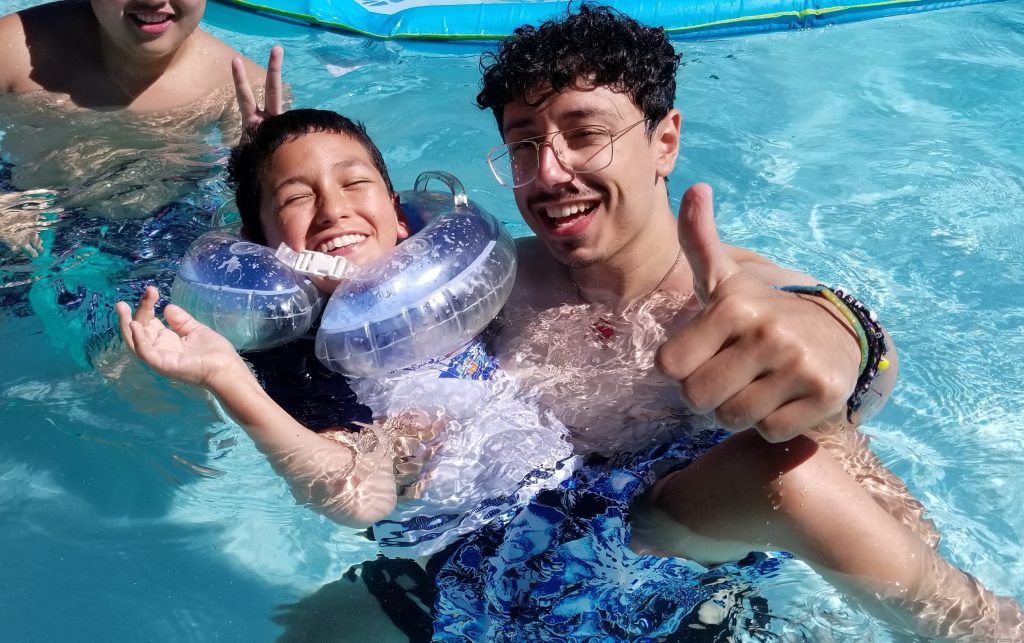
Educational Services
Educational Services for children ages three to 17 may be funded when the need has been identified in the IPP and the following conditions have been met:
- The service is not available through the educational system and/or school district.
- All generic resources have been exhausted.
- The service is not a typical parent responsibility for minor children.
- The client’s need for extraordinary care, services, supports and supervision, and the need for timely access to this care has been considered.
- Educational Advocacy may be accessed once the CSC has attempted to resolve any grievances and/or disputes with the client’s School District via the IEP process.
- The purpose of this service is to provide the client with the enhanced advocacy with mediation and appeals.
This blog is not a solicitation for services. Additionally, a specific service or service provider may not be available, applicable, or appropriate for all clients. Any request for services must be initiated by the client/family and facilitated by the IRC Consumer Service Coordinator (CSC). Any approved services must meet the guidelines set in the law by the Lanterman Act and be added to the client’s IPP.
Please always feel free to email your CSC with any specific questions. If you need assistance with contacting your CSC, email [email protected]. Please include the client’s full name and date of birth in your inquiry.
Share this Post

